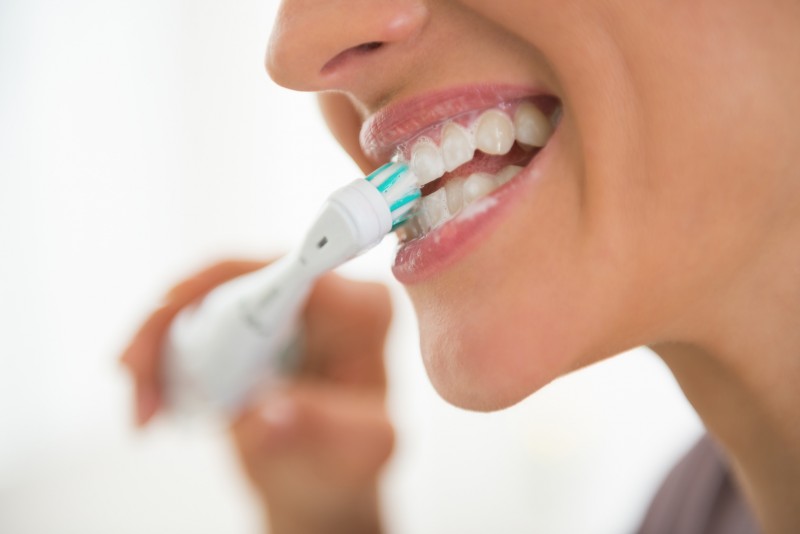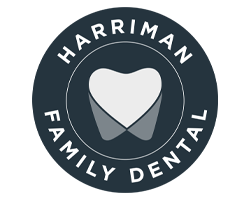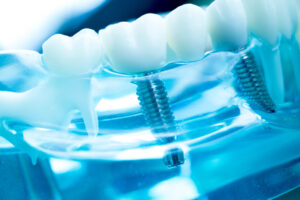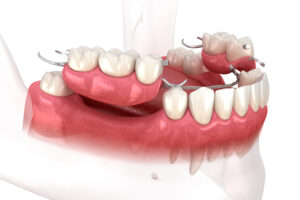In this country, we love our gadgets. We tend to embrace everything high-tech and don’t always ask whether it’s more effective or not. There are definitely areas in dentistry where technology makes a difference, such as in the care of TMJ, where advanced diagnostic equipment can help you get accurate, effective treatment.
Now modern toothbrushes are being made with fancy new technologies. These include positional sensors that can show the angle you’re holding the toothbrush and can even track how the toothbrush is moving around your teeth to tell whether you’ve missed a spot. Some of them even make it a game for kids to play. (To be fair, manual toothbrushes can also be really fancy.) But there’s little evidence to support the effectiveness of these new innovations and whether they actually approve your oral hygiene.
However, there are some situations where an electric toothbrush (not necessarily a fancy one) can make a big difference.

You Have Difficulty Brushing
Some people find brushing properly to be very difficult. The fine motor motions can be especially challenging for people with arthritis. And because arthritis makes it hard to grasp the small handle of a manual toothbrush, electric toothbrushes offer an easier grip because the handles are larger.
The population affected by arthritis can certainly benefit from good oral hygiene. Osteoarthritis tends to develop as we age, and our periodontal risk also increases as we age. Electric toothbrushes can help break this correlation. Gum disease can also increase the risk of rheumatoid arthritis because it can trigger an abnormal immune response that attacks your joints. Keeping gum disease under control might help reduce flare-ups.
You Don’t Brush Long Enough
An even more common problem that electric toothbrushes can help with is not brushing long enough. Most people brush for a minute or less. We understand that it’s hard to gauge how long you’ve been brushing. And standing in front of the mirror brushing for two or three minutes can seem like a really long time.
But electric toothbrushes solve this problem: they usually have built-in timers that can make sure you’re brushing for the proper length of time.
You Brush Too Hard
You might think that brushing harder makes your cleaning more effective. That’s not really true. What brushing hard does is damage your gums and can contribute to receding gums. After gum disease, it’s the most common cause of receding gums.
Brushing too hard can be a problem whether you’re using a manual or electric toothbrush, but many electric toothbrushes offer a benefit: they have pressure sensors that tell you if you’re pressing too hard. This can help you learn the proper pressure so you’re cleaning your teeth, not damaging your gums.
Of course, you might just buy a fancy electric toothbrush because you like the thought of the fancy gadget. Or maybe you like the style of a particular toothbrush. There are certainly some toothbrushes with great design out there.
This is more than an idle affectation. It’s important that you brush your teeth regularly, and you’re more likely to brush your teeth if you like your toothbrush. If you are the kind of person who wants to have your life integrated via apps, it might be beneficial to have your toothbrush hooked up the same way your exercise routine is. That way, you make sure you’re always getting your 2 minutes twice a day in every day without exception.
Your toothbrush is a vital part of your oral hygiene routine, but a comprehensive oral health strategy includes a dentist who can be your partner in maintaining your health. If you are looking for a dental home in Harriman, NY please call for an appointment at Harriman Dental.



